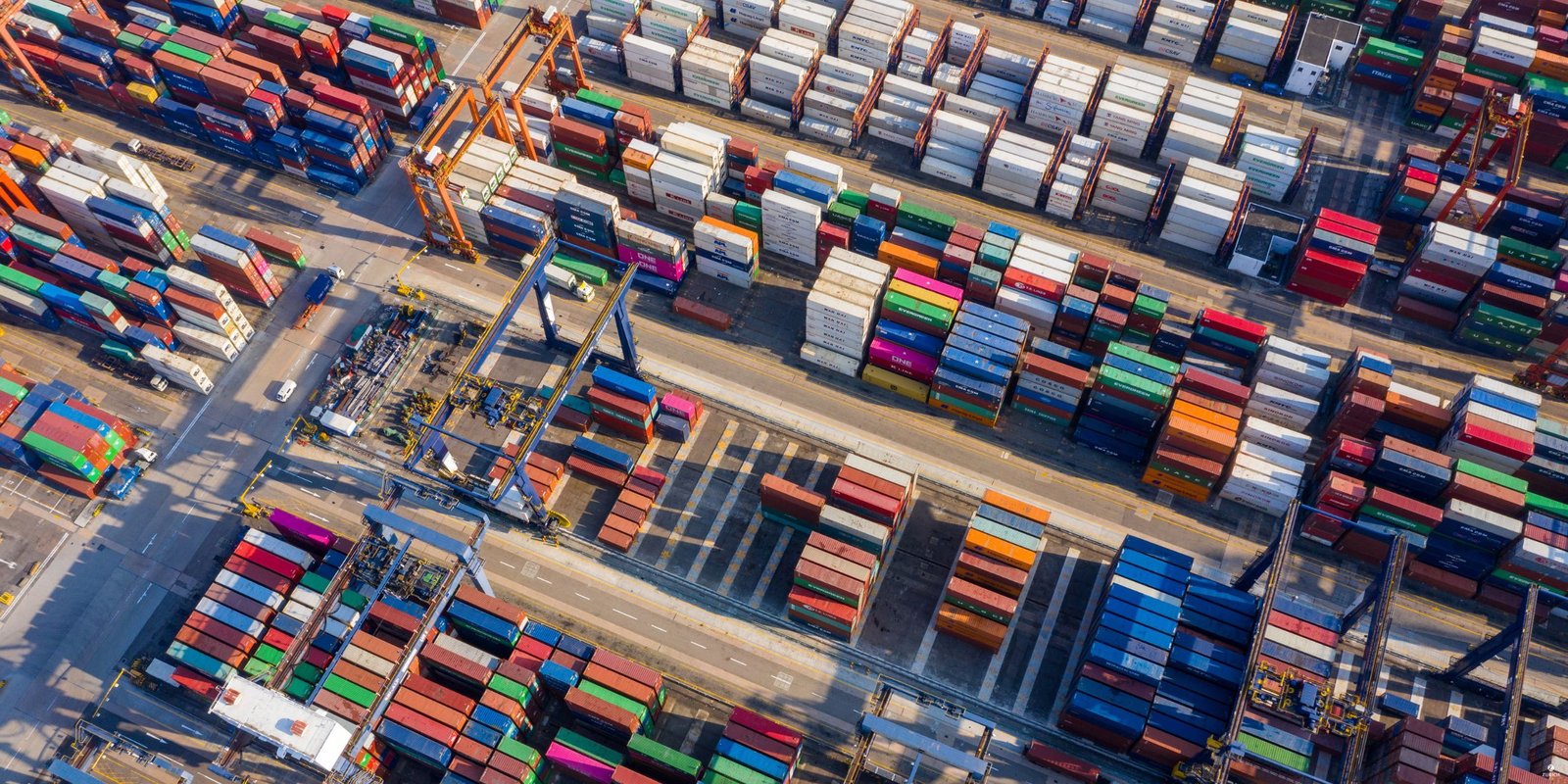Supply Chain Security Theft: Challenges and Solutions for Globally Active Nordic Companies
August 12, 2025
Rising Incidence of Supply Chain Theft
Globalization, digitalization, and complex supplier networks have increased the risk of theft at every stage of the supply chain. According to BSI’s Supply Chain Risk Insights (2023), cargo theft increased by 24 percent across Europe in 2022, with Scandinavia experiencing a notable uptick in organized and opportunistic thefts. For Nordic firms with global operations, theft risk is amplified in regions with less robust law enforcement or higher corruption indices.
Theft can be physical, such as stolen goods during transport or at warehouses, or digital, involving data breaches that lead to intellectual property theft or fraudulent redirection of shipments.
Based on information from the Transported Asset Protection Association EMEA (TAPA) the increased trend of organized thefts is still very much alive. At Zurich Insurance, we have also noticed this in the requests from clients to support them in this matter.
Financial, Operational, and Reputational Damage
The direct financial cost of supply chain theft is significant. The European Commission estimates annual losses from cargo theft in Europe at over €8 billion, with Nordic companies bearing a share proportionate to their export volume.
Operational disruption is another major consequence. Stolen goods can lead to stockouts, delayed deliveries, and contractual penalties. For companies in critical industries, such as pharmaceuticals or food, supply chain theft can also pose safety risks, as stolen products may re-enter the market through illicit channels.
Reputational harm is often overlooked but can be devastating. Nordic brands, prized for their reliability and ethics, risk losing customer trust if theft results in data breaches or counterfeit products. For instance, a pharmaceutical company faced public scrutiny after a shipment of temperature-sensitive medication was stolen and mishandled, leading to a product recall.
Global Trends and Nordic Realities
Macro Perspective:
Globally, organized supply chain theft is evolving using old school methods now supported with new technology. Criminals use sophisticated methods such as GPS jamming, cyber intrusions, and falsified transport documents. Regions with high theft rates including parts of Eastern Europe, South America, and Southeast Asia, pose particular risks for Nordic companies sourcing or selling in those markets. The latest information indicates that Western Europe and North America are targeted as the sense of supply chain security is lower here making them an easier target.
Micro Perspective:
On a company level, theft can occur at vulnerable points: during intermodal transfers, at unsecured warehouses, or through insider collusion. Even within the Nordics, increased e-commerce has led to more “last mile” thefts, often at distribution centers or during home deliveries. Smaller suppliers in global networks may lack the resources to implement strong security, creating weak links.
Solutions – Building a Resilient, Secure Supply Chain
- Risk Mapping and Supplier Audits
Nordic companies are increasingly mapping their supply chains to identify high-risk nodes and conducting regular security audits. Using digital platforms, they monitor for unusual activity and quickly respond to threats. - Physical and Digital Security Investments
Enhanced tracking technologies, such as RFID, geofencing, and tamper-evident packaging, are being deployed to secure cargo. Cybersecurity measures, like multifactor authentication and encrypted communications. help prevent digital theft and data breaches. - Collaboration and Information Sharing
Participating in industry groups such as TAPA and local law enforcement partnerships allows Nordic companies to access real-time threat intelligence and share best practices. - Training and Culture
Regular staff training on theft prevention and response, coupled with a culture of transparency, ensures employees and partners are alert to risks and committed to reporting suspicious activity.
How Zurich Resilience Solutions has helped
Zurich’s global risk consulting unit Zurich Resilience Solutions (ZRS) helps businesses identify risks, minimize losses and enhance resilience by combining advanced technology, cross-sector collaboration, and a proactive security culture. Here are some examples of how their services have supported Nordic companies:
- A Swedish network company struggled with theft at overseas locations: ZRS performed a risk assessment, recommended upgraded handling and security procedures reducing the incidents significantly.
- A Finnish tech manufacturer faced resistance from overseas suppliers: ZRS developed multilingual training materials and hosted remote workshops, ensuring supplier engagement and consistent security standards.
- A global Nordic retailer needed support with loss prevention for their Latin American growth: ZRS provided local input and advised on centralized monitoring of transports, enabling both fast delivery and early theft detection.
As Nordic companies continue to expand their global footprint, supply chain security theft poses a growing threat to their operations, finances, and brand integrity. By leveraging the expertise and services of Zurich Resilience Solutions, these companies are well positioned to protect their assets and reputation in an increasingly complex world. The Nordic approach, supported by Zurich, can serve as a model for global supply chain security.
For further information on how Zurich Nordic can help your company build resilience, please contact Francois Du Plessis, Underwriter Marine.
